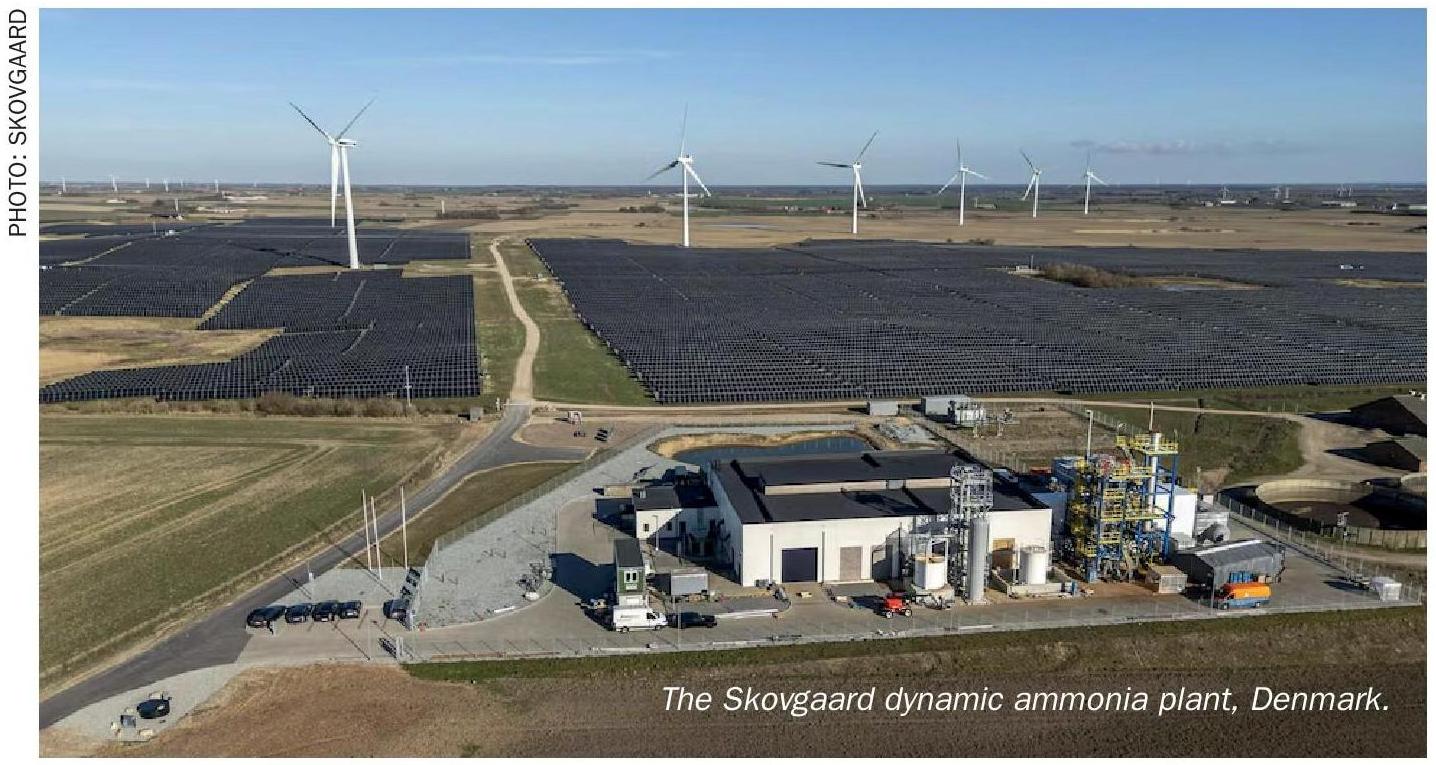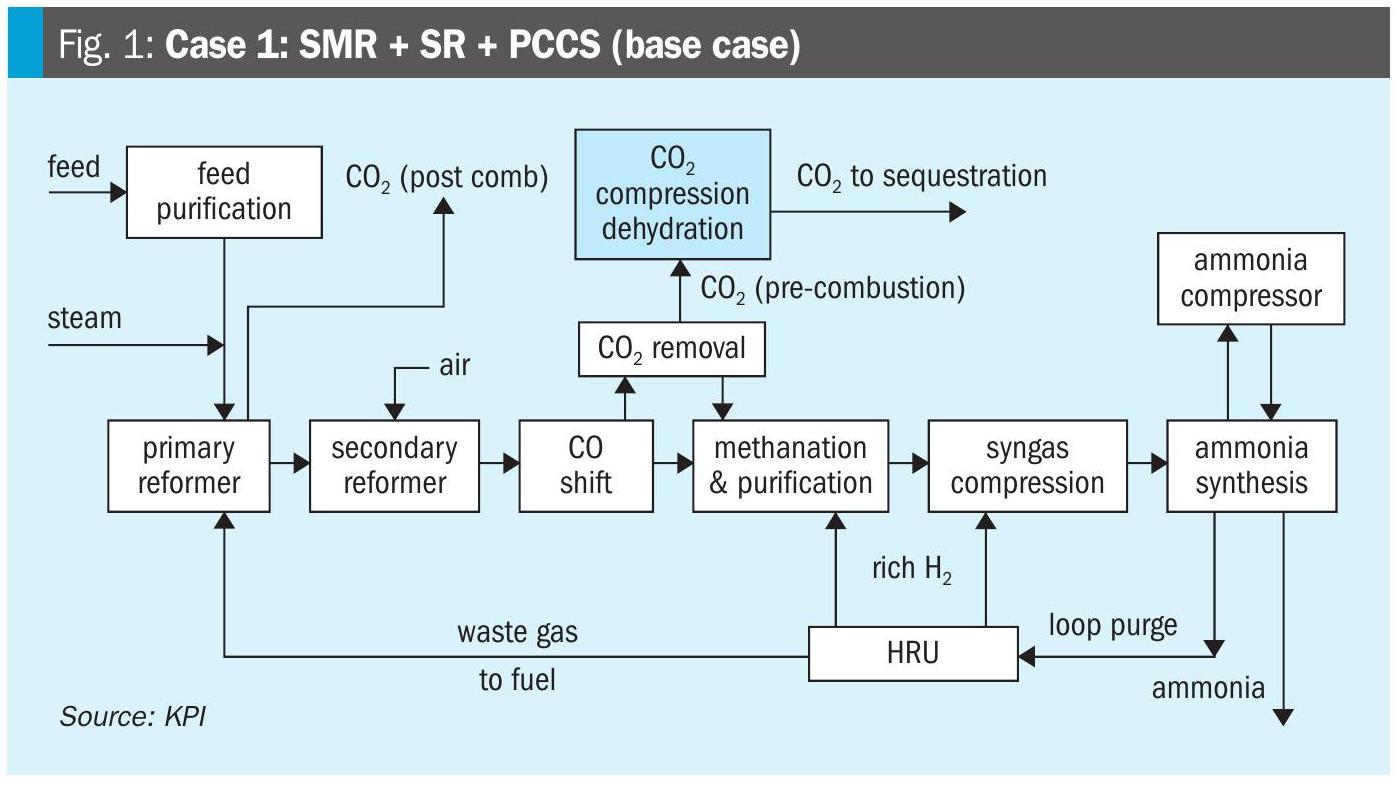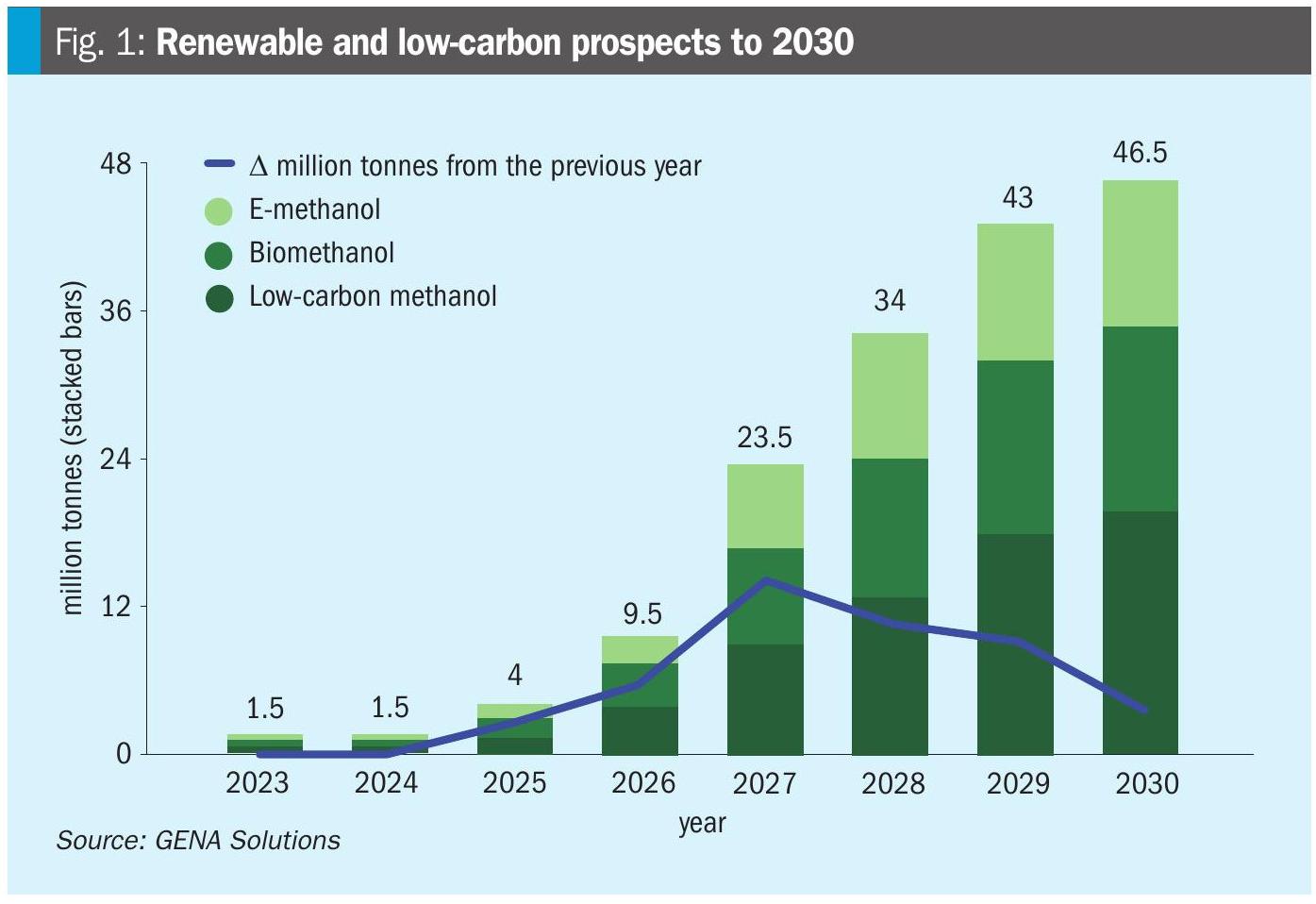Nitrogen+Syngas 396 Jul-Aug 2025
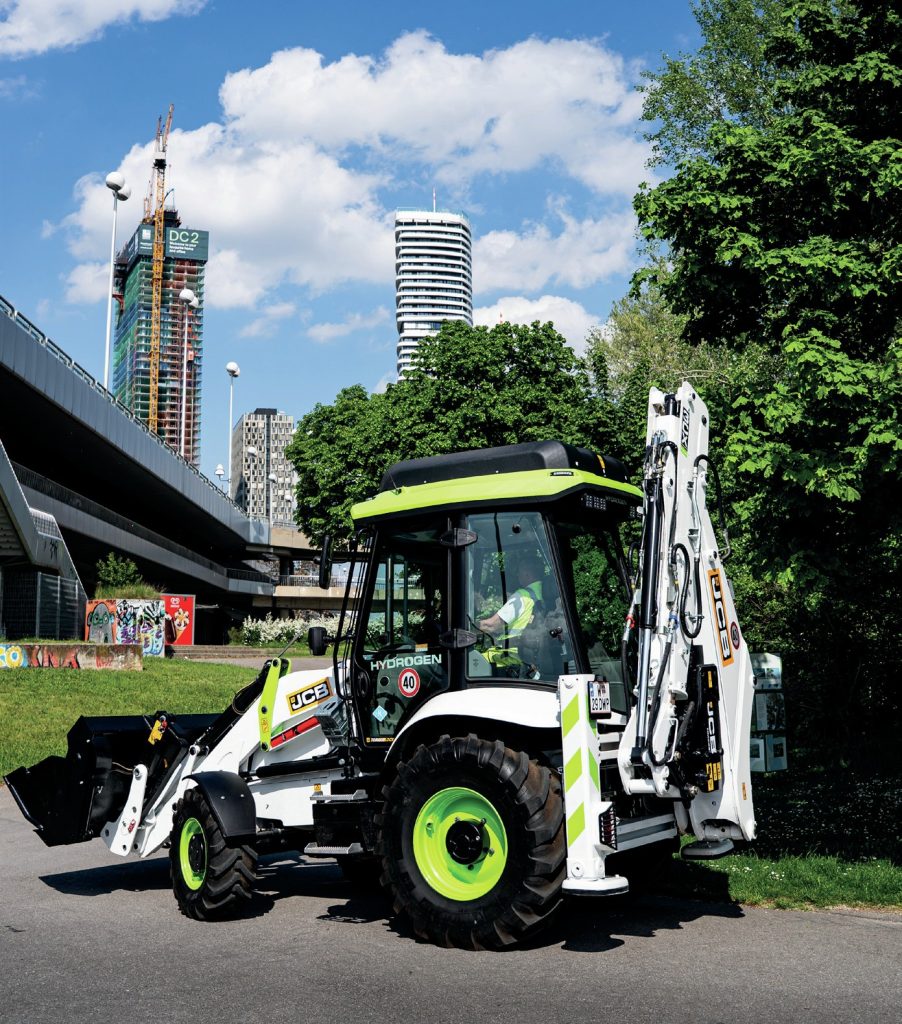
21 July 2025
Approval for hydrogen engine
JCB says that it has passed a significant milestone on its hydrogen technology development programme after securing the first full EU type-approval of its hydrogen engine for use in non-road mobile machinery. This means that JCB’s hydrogen engine has been approved for sale and for use in machines and third-party OEM equipment in each of the 27 EU member states, and all other territories recognising EU type-approvals.
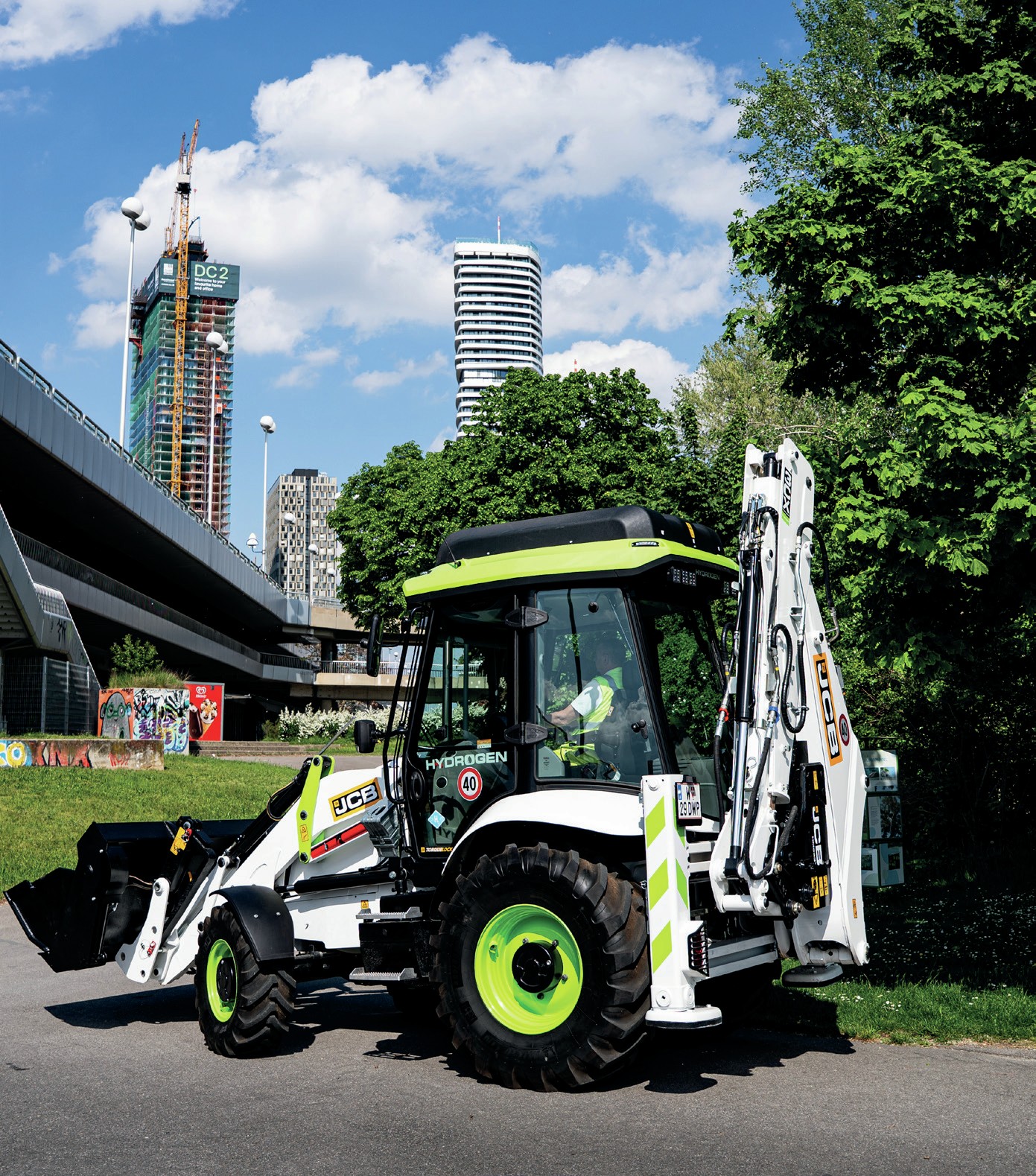
A hydrogen-powered JCB excavator. PHOTO: JCB
JCB Chairman Anthony Bamford, who has led the company’s hydrogen engine project, said: “This is another very significant moment for JCB’s hydrogen programme, It was not so long ago that some said that it was ‘game over’ for the internal combustion engine in Europe. For JCB to have secured full EU type-approval is proof positive that the combustion engine does indeed have a promising future in pursuit of a net zero world if hydrogen, a zero-CO2 fuel, is used instead of fossil fuels.”
Lord Bamford added: “I could not be more delighted for the JCB team that put so much work into getting us to this stage. Now our focus will be on bringing our hydrogen technology to market. JCB’s customers are patiently waiting for our hydrogen-powered equipment to make a difference on their job sites. They won’t have much longer to wait.”



